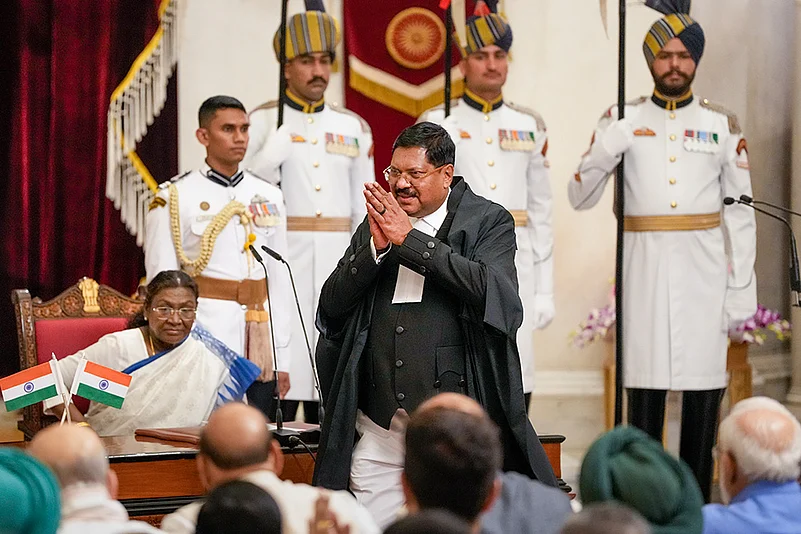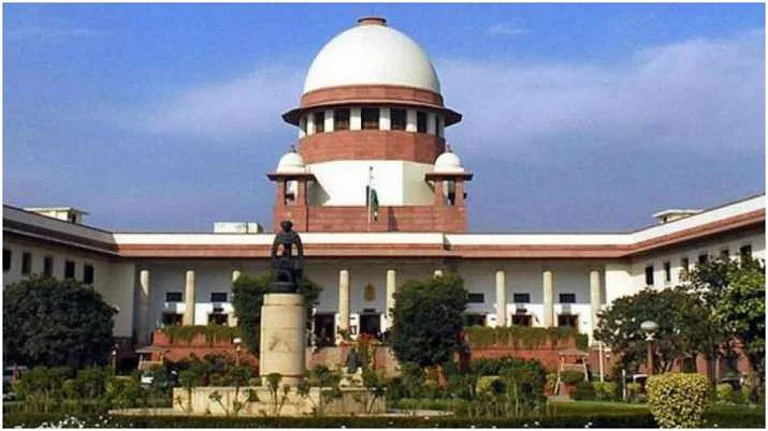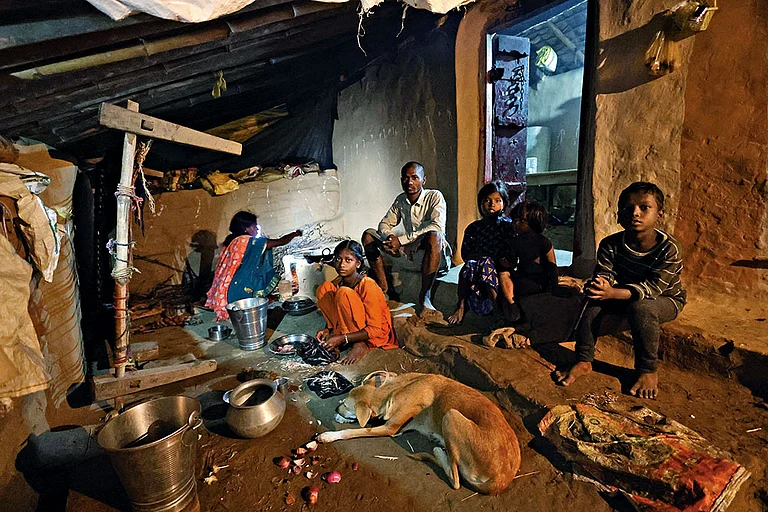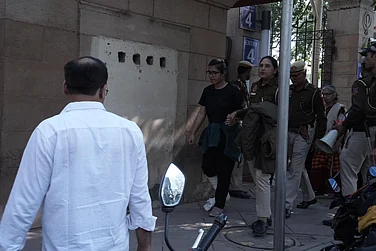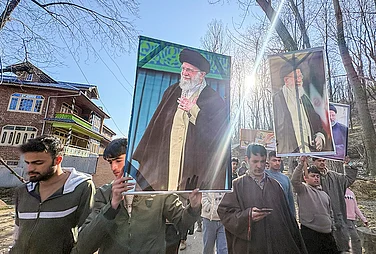
Justice BR Gavai’s six-month term saw 93 high court appointments, including major representation from SC, OBC/BC, minorities, and women.
The collegium recommended 129 names, oversaw five Supreme Court appointments, and delivered key verdicts on Waqf law, tribunal reforms, and green clearances.
As India’s second Dalit CJI, Gavai steps down expressing fulfilment, with Justice Surya Kant set to succeed him.
During Chief Justice of India BR Gavai's six-month term, ten judges from the Scheduled Caste category and eleven from Other Backward Classes and Backward Classes were appointed to various high courts around the nation.
The three-member highest court collegium led by Justice Gavai, the nation's first Buddhist and second Dalit Chief Justice, recommended 129 names to the government for appointment as judges of various high courts; 93 of those names were approved.
During his term, the Supreme Court also appointed five judges: Justices NV Anjaria, Vijay Bishnoi, AS Chandurkar, Alok Aradhe, and Vipul Manubhai Pancholi.
13 judges from minority communities and 15 women judges were among the 93 names approved by the government for the high court, according to the information of judge appointments posted on the website of the highest court starting on May 14, the day Justice Gavai became Chief Justice of India.
Of them, 49 judges were appointed from the Bar, five of whom are related to current or former judges, and the remaining judges were from the service cadre.
On Sunday, November 23, Chief Justice Gavai is scheduled to step down from office, and on November 24, Justice Surya Kant will take the oath of office as India's next Chief Justice.
Justice Gavai, the 52nd Chief Justice of India, has delivered prodigious verdicts during his six-month tenure, including those that stayed key provisions of the Waqf law, struck down the tribunal reforms statute and allowed the Centre to grant post facto green nods to projects.
Friday was the last working day of CJI Gavai, who was the second Dalit after K G Balakrishnan to head the Indian judiciary.
Overwhelmed by rich tributes on his last working day, CJI Gavai said he was leaving the institution "with a full sense of satisfaction and contentment" and as a "student of justice" on concluding four decades of journey as a lawyer and a judge






